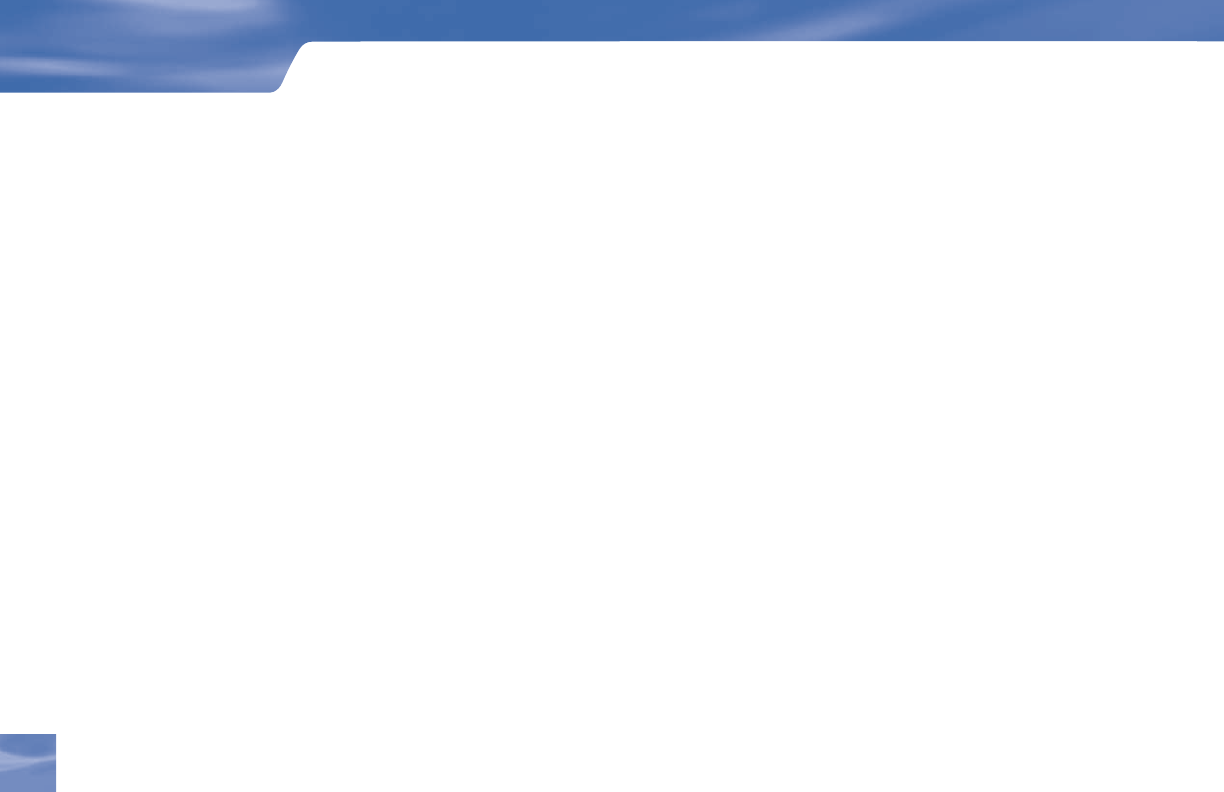
is equipment generates, uses, and can radiate radio frequency energy and, if not installed and used in accordance with the
instructions, may cause harmful interference to radio communications. However there is no guarantee that interference will
not occur in a particular installation. If this equipment does cause harmful interference to radio or television reception, which
can be determined by removing and applying power to the equipment, the user is encouraged to try to correct the interference
by one or more of the following measures:
4 Reorient or relocate the receiving satellite dish antenna.
4 Increase the separation between the equipment and the DIRECTV Receiver.
4 Connect the equipment into an outlet on a circuit diff erent from that to which the DIRECTV Receiver is connected.
4 Consult the dealer or an experienced radio/TV technician for help.
4 CAUTION: Changes or modifi cations not expressly approved by the manufacturer responsible for compliance could void
the user’s authority to operate the equipment.
e user may fi nd the following booklet, prepared by the Federal Communications Commission, helpful: “How to Identify
and Resolve Radio and TV Interference Problems.” is booklet is available from the U.S. Government Printing Offi ce,
Washington, DC. To meet FCC requirements, only peripherals (computer input/output devices, terminals, printers, etc.) cer-
tifi ed to comply with Class B limits may be attached to this device. Operation with non-certifi ed peripherals is likely to result
in interference to radio and TV reception. To meet FCC requirements, shielded cables are required to connect the device to a
personal computer, peripheral, or other Class B certifi ed device.
FCC Customer Information
Other Information
64


















